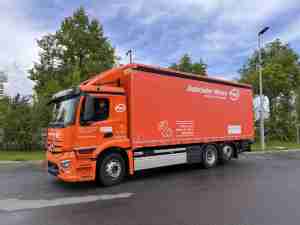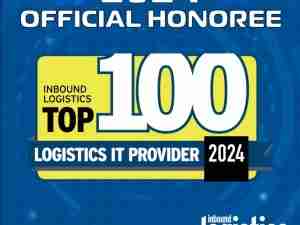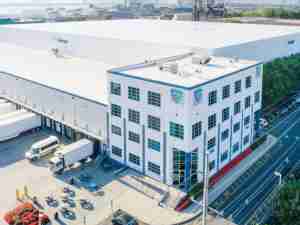DHL receives US EPA 2014 SmartWay Excellence Award
posted by AJOT | Oct 07 2014 at 06:36 PM | Air Cargo | Logistics
DHL was honored with a SmartWay® Excellence Award from the U.S. Environmental Protection Agency as a true industry leader in freight supply chain environmental performance and energy efficiency.
SmartWay recognized DHL Express U.S. for its initiatives and efforts to reduce fuel consumption and CO2 emissions within its operations. Most recently, the company introduced a telematics tool to 1,400 of its vehicles. Leveraging GPS satellite location data and information from the vehicle’s on-board systems to report extremely accurate vehicle activity and performance, the technology improves routing, fuel consumption, driver behavior and maintenance management -- all to drive efficiencies across the company’s pick-up and delivery fleet.
“Environmental protection and sustainability is fully integrated into the DHL culture and we are honored to have been selected as a leader in environmental performance,” said Mike Parra, CEO of DHL Express U.S. “We will continue to look for ways to improve our own carbon efficiency, as well as offer products and services that help customers improve their own carbon footprint.”
DHL was one of 44 carriers to receive this distinction, representing the best environmental performers of SmartWay’s nearly 3000 Partners. The awardees were honored at American Trucking Associations Annual Management Conference & Exhibition held in San Diego, California on October 7, 2014.
DHL has been a leader in deploying alternative fuel vehicles. Currently, the company maintains 312 vehicles that operate on Liquid Propane (LPG) with plans to roll out another 106 this year. DHL also employs a fleet of 54 hybrid step vans, 30 Ford Transit Connect plug-in electric compact cargo vans and 400 Mercedes Sprinter vans equipped with BlueTec clean diesel technology. In Manhattan, DHL operates a completely green fleet with 80 hybrid and battery electric vehicles.
“SmartWay carriers deserve our gratitude for a decade of progress in cutting carbon pollution and other air pollutants," said Chris Grundler, Director, EPA’s Office of Transportation & Air Quality. "They have reduced thousands of tons of dangerous pollutants and raised the bar on a sustainable transportation future, all while saving money in fuel costs.”









